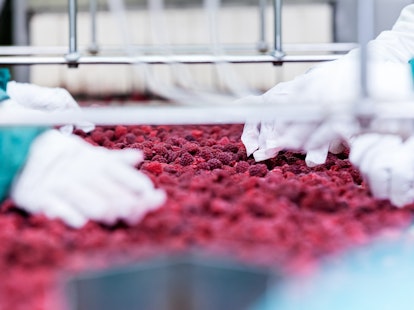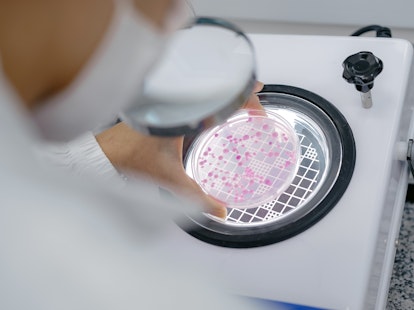Now that the US Department of Agriculture's (USDA) National Bioengineered Food Disclosure Standard has been finalized, what does it mean for food labels and your operations?
The presence of any genetically modified products and ingredients must be disclosed. This labeling requirement will help build consumer trust and give confidence as to whether a product has been produced, or contains ingredients, using bioengineering technologies as defined by USDA AMS.
For food manufacturers, importers or retailers who package and label food for retail sale, it’s important to understand how the regulation affects your business and the steps you need to take to be compliant.
A Closer Look at Disclosure
There are options on how to present disclosure on packaging. It can be through text, such as “contains a bioengineered ingredient” or “bioengineered food” or, in some instances, symbols which include the words ‘bioengineered’ or ‘derived from bioengineering’ can be used as can text or scan codes.
Small businesses have the option of including a toll-free phone number and website for the consumer to contact the company directly.
What’s Not Included?
As a general guide, the law excludes meat, poultry, dairy and egg products from animals that have eaten bioengineered feed.
Food products containing ingredients for which 5% or less of each ingredient by weight contains inadvertent bioengineered materials aren’t required to state they are bioengineered.
Alcoholic beverages are excluded with the exception of wines or apple cider with less than 7% alcohol, or beer not brewed from malted barley and hops.
USDA AMS recognized certified organic products are also excluded, as are food service establishments and very small businesses.
Check Your Calendar
The implementation date for disclosure was January 1, 2020 except for small food manufacturers whose implementation date is January 1, 2021. All food manufacturers must comply by January 1, 2022. Records of the bioengineered status must be kept for two years and be produced within five days, if requested.
SGS – Here to Help You
Contact us for help to achieve full compliance. Our ISO/IEC 17205 accredited Genetically Engineered/BE testing facilities throughout the world can perform screening and specific event testing. We also offer Non-GMO/GE audit certification programs, and a label review compliance service including automated label validation checking from Digicomply Labelwise.
To find out more, please contact:
Jim Cook
Global Food Inspection Technical Manager
t: +1 973 461 1493



